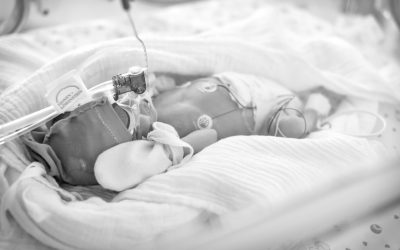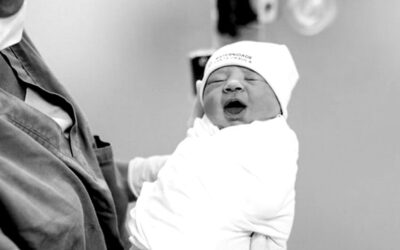At birth, neonates initiate physiological processes that facilitate their adaptation from the intrauterine environment to the extrauterine environment. This adaptation is sometimes complex due to the innumerable responses - chemical, neurological, sensory, thermal and...
neonatology
Enteral nutrition in the newborn: analysis of scientific evidence on feeding methods
The following article offers an in-depth analysis of the scientific evidence on enteral nutrition in infants, focusing in particular on the methods of administration. Nutrition in infants is a vital component for their development and well-being, and the choice of the...
Enteral nutrition in infants: the problem of accidental connections
For the treatment of patients, from adults to infants and premature babies, admitted to health care facilities, it is often necessary to place probes and catheters, the use of which involves the administration of enteral nutrition in addition to the infusion of drugs...
Enteral nutrition in infants: small connections for small patients
For the treatment of patients, from adults to infants and premature babies, admitted to healthcare facilities, it is often necessary to place probes and catheters whose use includes the administration of enteral nutrition in addition to the infusion of drugs and other...
The importance of surfactant in the neonatal patient
Pulmonary surfactants along with other therapeutic measures are the treatment of choice for various respiratory conditions. A surfactant deficiency in preterm infants leads to respiratory distress syndrome characterized by poor lung expansion, inadequate gas exchange...
Hypothermia in newborns, how to prevent it?
Approximately 94 million infants are born each year worldwide. All of these infants are vulnerable to cold stress and thus hypothermia, regardless of their gestational age or weight. It is important to provide them with an adequate and stable environment because of...





